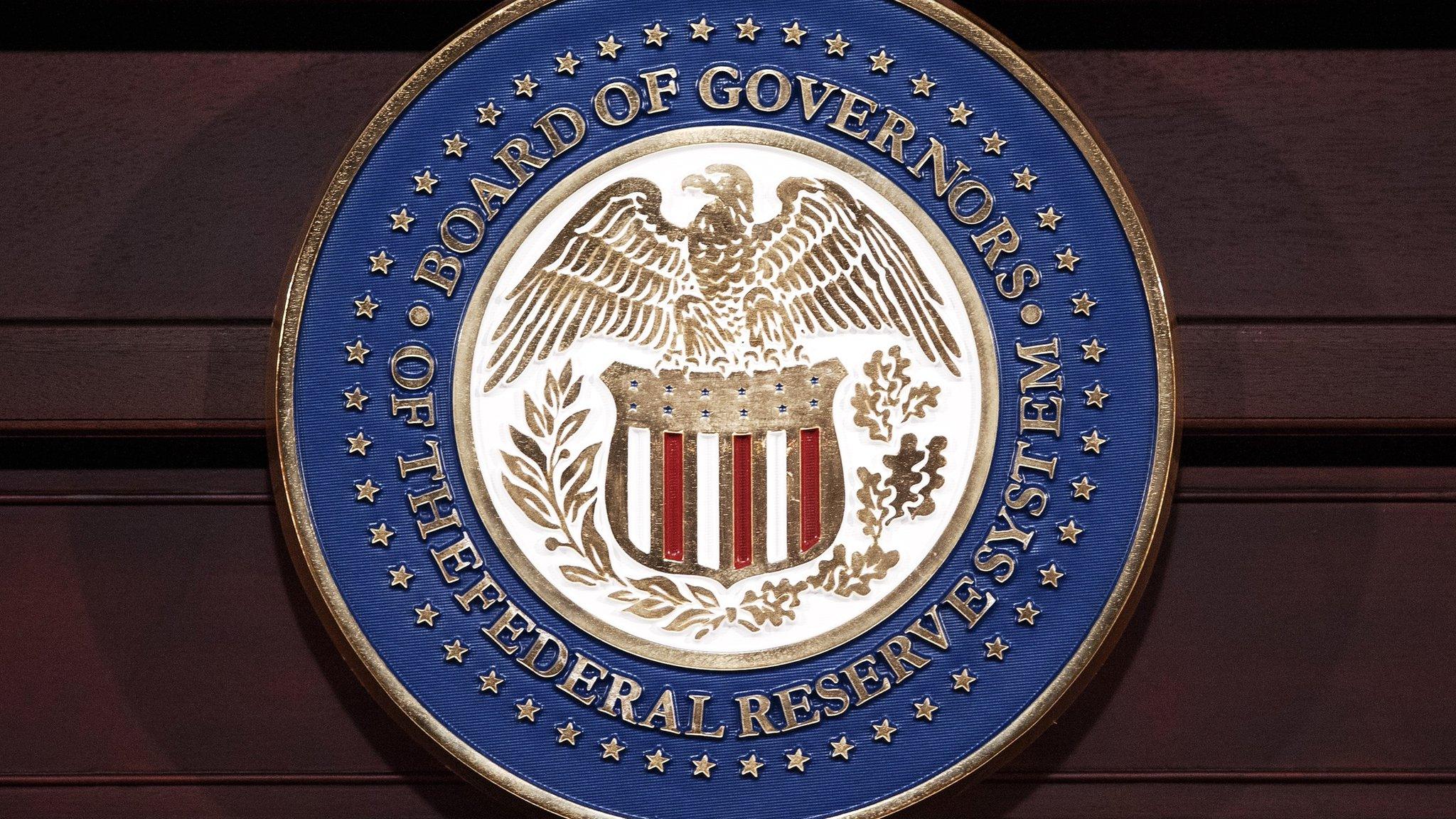China growth: The difference 0.1% can make
- Published
- comments
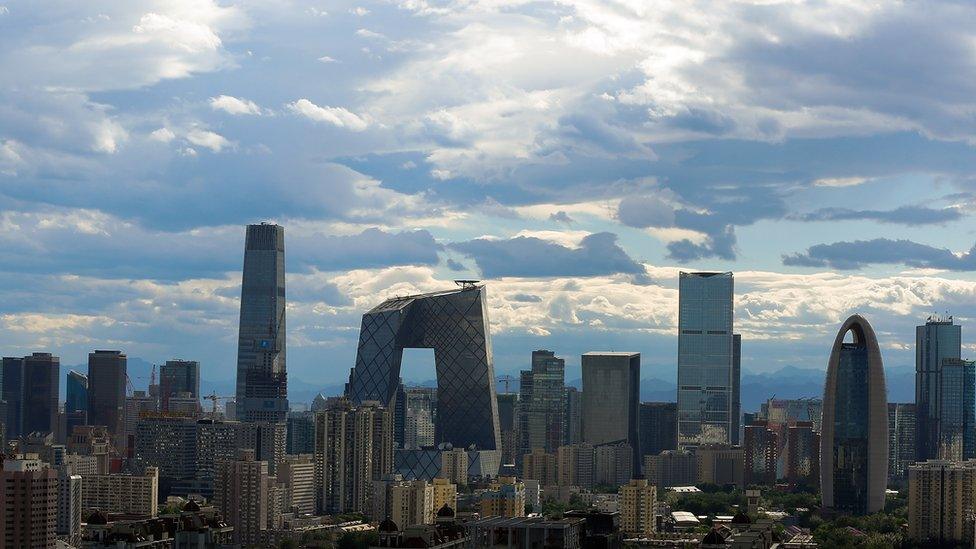
China has seen the single biggest creation of a consumer class the world has ever seen
Let's not kid ourselves. For all the naysayers out there, China's economic rise over the last three decades or so is nothing short of miraculous.
Millions have been lifted out of poverty, billions of dollars of wealth have been created - and the country has seen the single biggest creation of a consumer class the world has ever seen.
Even with Tuesday's economic data showing a lower growth rate, economist Tony Nash says China's growth in 2015 was equal to the size of the entire economy of Switzerland or Saudi Arabia. And that's nothing to sneeze at.
But what goes up, must come down - or so says the law of gravity. So it should frankly come as no surprise that its economy is slowing down.
For some time now, the government has been broadcasting the transition its been trying to make - away from a state-led investment and manufacturing-led economy to one more dependent on services .
That transition - though obviously necessary - is painful and will take time.
China also needs to be mindful of keeping growth as close to 7% as is possible in order to maintain a stable rate of job creation for its citizens.
It's the implications of that slower growth though and what it means for the region that's of greatest concern.
The last 25 years - to today
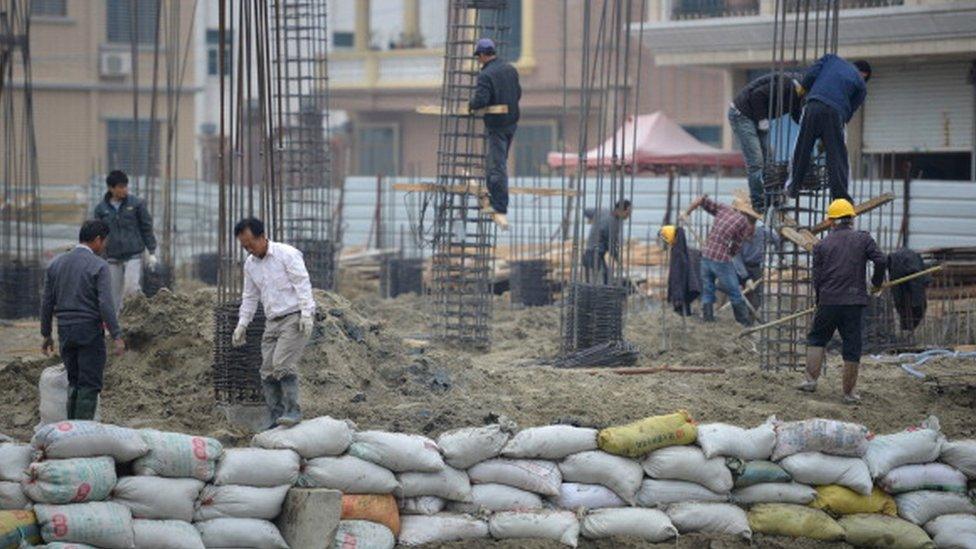
China's economy is still growing - just not as fast as it once was
Over the last quarter of a century - as China's economy boomed - Asian and global economies have hitched their wagons to the mighty economy's fortunes.
From Australia to the UK, everyone wanted to sell something into its giant market - including from commodities like coal to Louis Vuitton handbags and Burberry coats.
Currying favour with China became an economic imperative as so much business came from its shores.
You only have to look at Xi Jinping's recent and much-feted visit to the UK to see just how important China has become to Western nations.
As the mainland became the world's factory, consumers benefited too from the lower-priced products China was able to export to the world. China was fast becoming the super-powered engine of global growth. Or so we all hoped.
What Tuesday's data tells us is that focusing on one pillar of support for the global economy is not only foolish, but just plain wrong.
China depended far too much on exports for growth, and in turn Asian countries depended far too much on China for growth.
You would never do that in your own financial portfolio - diversification is the buzzword that all money managers are constantly drumming into us.
The country is still growing - but not as quickly as it used to - and it's hard to see who might be able to replace its economic might.
That spells bad news for the rest of us, and certainly means our governments need to find new ways of sustaining economic growth - and fast.
One tenth of a percentage point. It doesn't sound like much does it?
But it's the difference between China's economic growth staying stable or coming in at its weakest level in a quarter of a century.
- Published19 January 2016
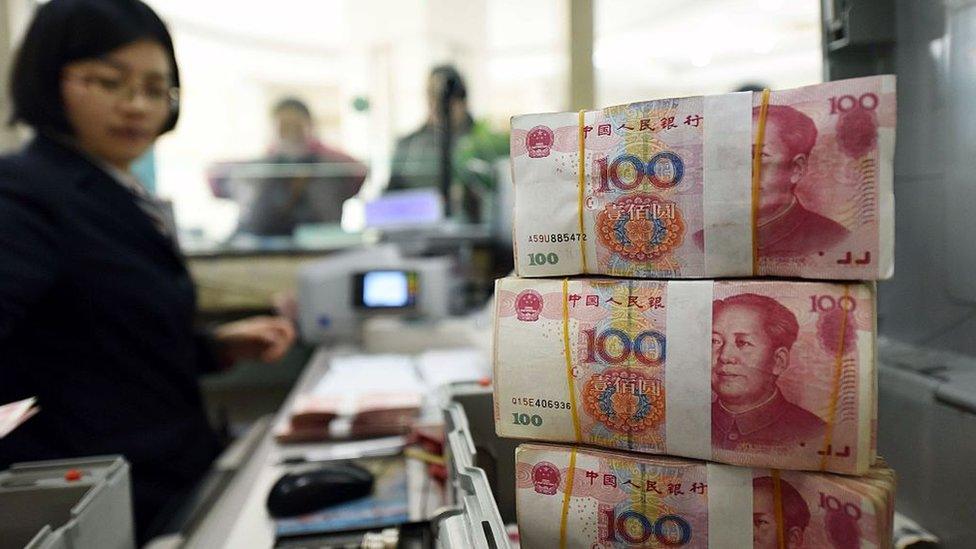
- Published22 December 2015

- Published16 December 2015

- Published16 December 2015
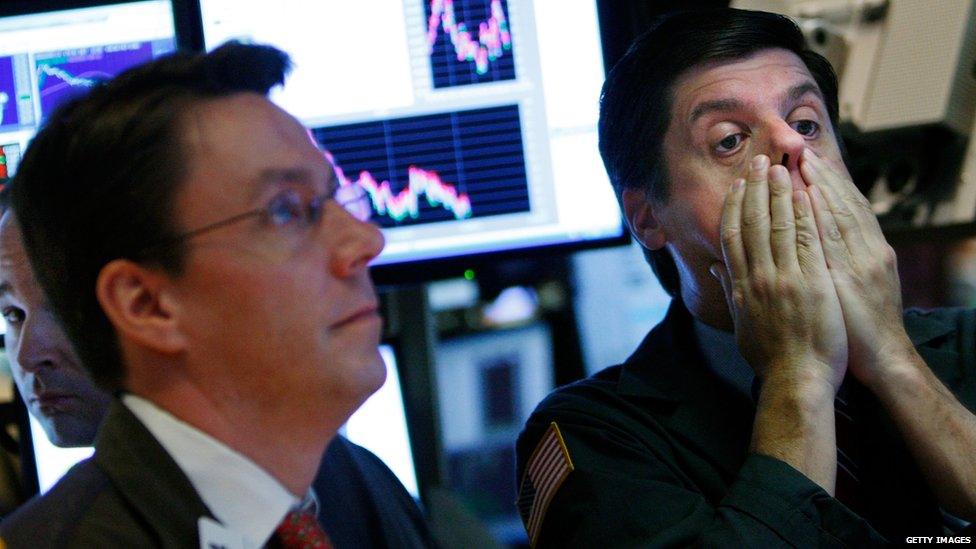
- Published15 December 2015
